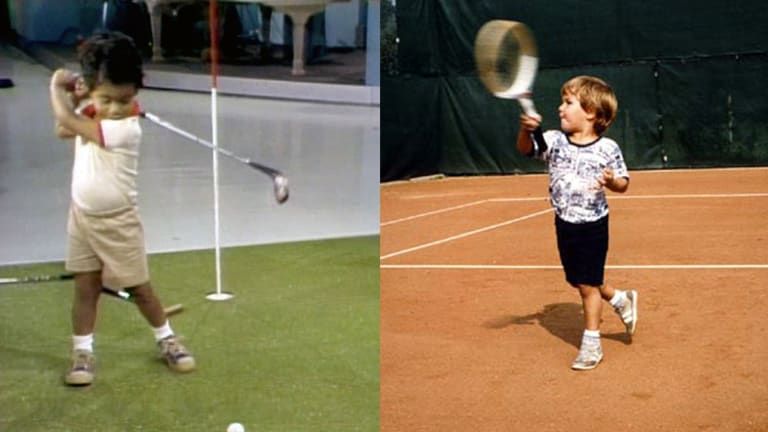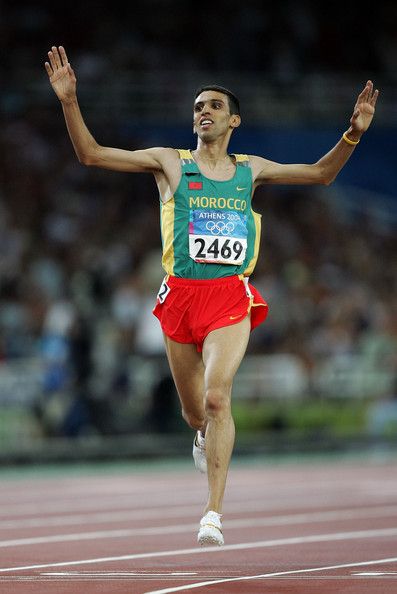The Hedgehog vs. the Fox

#016
The Greek poet Archilochus wrote, "the fox knows many things, but the hedgehog knows one big thing." In the modern world, is it better to be a hedgehog or a fox?
Numerous smart and successful people have spoken about this topic. Whether as frogs and birds, or generalists and specialists. But as with most apparently simple questions that require complex answers, it depends.
This week, I distill some of the best ideas I found:
The importance of sampling
Many "experts" argue that mastery in any field requires "10,000 hours" of intense "deliberate practice."
In Range: Why Generalists Triumph in a Specialized World, David Epstein argues otherwise. He cites the contrast between Tiger Woods and Roger Federer. Tiger's path to success was through the long and arduous path of deliberate practice since he was a toddler; Roger's, was completely different. Despite having a tennis coach as his mother, she decided against coaching Roger at a young age, instead encouraging him to sample other sports. At first, Roger's approach seems counter to conventional wisdom, but when scientists examined the developmental path of athletes, they found that the eventual elites typically devoted less time early on to deliberate practice. Instead, they underwent a "sampling period." Only later do they focus on and ramp up technical practice in one area.
Scott Adams, author and creator of the Dilbert cartoon series concurs: "sampling is the smartest system for discerning your best path to success"
As we grow and acquire new skills and experiences, our potential paths for success multiples exponentially. There's really no way to be sure which path will be most fruitful except to try different things.
When it comes to skills, quantity > quality
As you sample different skills and experiences, Scott Adams offers a formula for success:
Every skill you acquire doubles your odds of success.
The maths is a bit off, but it is directionally true: Adams argues that the benefits of its simplicity trumps accuracy in this instance.
To see how this is directionally true, consider professional sports. To excel in any sport at a professional level requires you to be in the top 0.01%. But by integrating multiple skills together, you can rig your own game of underwater chess boxing gymnastics where you are uniquely qualified to excel. You don't have to be a master at any of these skills—you'll quickly hit diminishing returns well before the 10,000 hours mark—you can develop a unique and valuable skillset by merely good at a select few complementary skills.
Acquiring multiple skills confers another advantage: the more you know, the more you can know. Once you develop skills in one area, it's much easier to transfer that skillset into an adjacent area, which is why professional athletes often excelled in multiple sports before they turned pro.
Double down on your circle(s) of competence
James Clear, in his book Atomic Habits, proposes a secret to maximizing the odds of success: choose the right field of competition.
He gives the example of comparing 23-time gold medalist Michael Phelps and Hicham El Guerrouj, two-time gold medallist and one of the greatest middle distance runners of all time. Although the two men differ in height by 7 inches, their legs are of similar lengths. Phelps has relatively short legs for his height and a very long torso, the perfect build for swimming; El Guerrouj has incredibly long legs and a short upper body, an ideal frame for distance running. If they were to switch sports, they'll both be left in the dust by the competition. Like Phelps in the pool and El Guerrouj on the track, you want to play a game where the odds are in your favour.


Clear argues that what is true for physical characteristics is also true for the mental. The people at the top of any field is not only well trained, but also well suited for the task. If you want to be truly great, choosing where to focus is paramount. So once you get a better sense for where your talents lie, then aim for mastery.
Charlie Munger, Warren Buffet's business partner, describes this idea as your circle of competence:
"You have to figure out what your own aptitudes are. If you play games where other people have the aptitudes and you don’t, you’re going to lose. And that’s as close to certain as any prediction that you can make. You have to figure out where you’ve got an edge. And you’ve got to play within your own circle of competence."
Over time, work to expand your circle of competence. Don't be afraid to say "I don't know," and never fool yourself about where the boundaries lie.
Some lessons here may seem contradictory or seem like a clear-cut either-or, but the dichotomy here is largely an illusion. In practical terms, this is how I am acting on these findings:
1. Give myself ample opportunities to sample
As I get older, I see more and more of my peers get stuck on a career trajectory they are no longer excited about, for fear of having to start from square one. I certainly recognize some signs of this in my own psyche, and need to remind myself to get out of my comfort zone every once in a while and practice beginner's mind. Whatever you decide to sample, you are almost never starting from square one.
2. Move fast
Embedded in the sampling strategy, is the necessity of speed. The quicker you can reach a level of proficiency in a skill to determine whether it's right for you, the more skills or fields you can sample, and the more time you can dedicate to the right skills.
3. Develop a T-shaped skillset
There are numerous advantageous to both strategies of fox and hedgehog. A wide skillset makes you more robust (or antifragile) to fast-paced changes in your field; a deep skillset is more marketable and often more valuable to bigger institutions. It's a tricky balancing act, but I am striving to develop a broad range of skills with some tall "spikes."
One last caveat: It's always tempting to believe our role models and authority figures have it all figured out. It's certainly something I'm still learning. There's certainly a ton of valuable advice from these authors, investors, and those who've achieved "success," but we should always keep pushing against the walls of what they say life is or ought to be. As Steve Jobs would say:
"When you grow up you tend to get told that the world is the way it is and your life is just to live your life inside the world. Try not to bash into the walls too much. Try to have a nice family life, have fun, save a little money. That's a very limited life. Life can be much broader once you discover one simple fact: Everything around you that you call life was made up by people that were no smarter than you. And you can change it, you can influence it… Once you learn that, you'll never be the same again.”